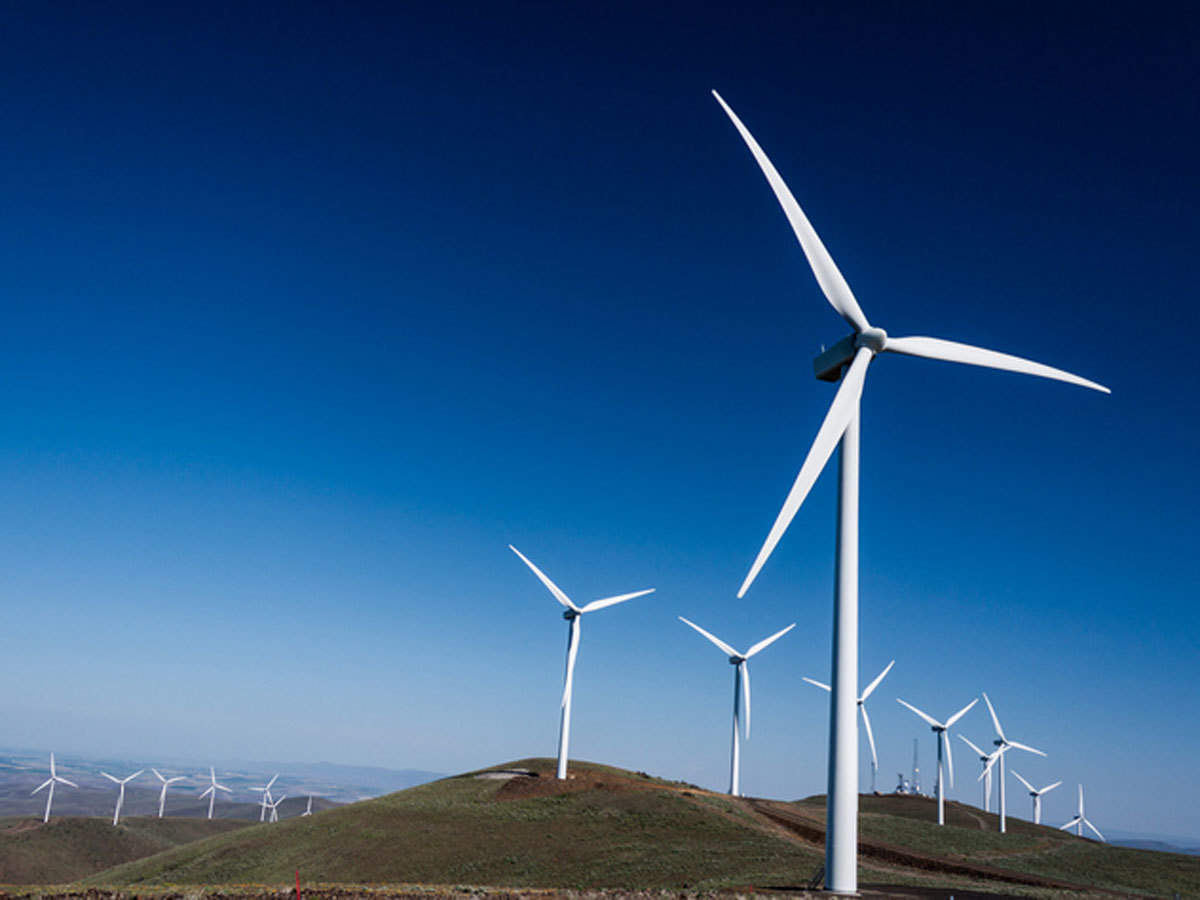In Short : Taiwan is experiencing a boost in wind power generation as the monsoon winds sweep through the region. These seasonal winds, characterized by strong and consistent breezes, enhance the efficiency of wind turbines and significantly contribute to the country’s renewable energy output. Taiwan’s investment in wind energy infrastructure, particularly offshore wind farms, has positioned it as a leader in the Asia-Pacific region. The utilization of monsoon winds underscores Taiwan’s commitment to clean energy solutions, reducing its reliance on fossil fuels, and combating climate change. This development marks a significant step toward achieving a more sustainable and environmentally friendly energy landscape in Taiwan.
In Detail : Strengthening winds leads to more clean energy production during peak air pollution season
TAIPEI : Intensifying northeasterly monsoon winds in autumn are allowing for record wind power generation, Taipower said in a press release.
Records are being set for wind power generation, according to Taipower, with instantaneous wind power generation occurring at 4:52 p.m. on Oct. 2 with 190 megawatts. Instantaneous wind power generation has exceeded 150 megawatts for eight consecutive days, beginning on Oct. 7
Strengthening monsoon winds has led to stable wind power output exceeding 800 megawatts, which is the equivalent of 1.5 times the installed capacity of the Taichung Power Plant. Taipower added that wind power provides not only reliable clean energy but also during peak periods of air pollution in autumn and winter.
Taipower said that in recent years, the government and private sector have been committed to investing in green power facilities, with the capacity of renewable energy increasing significantly. As of August this year, the cumulative wind power installation capacity tripled when compared to that of July 2016.
With more offshore wind turbines completed in the future, wind power generation capacity will gradually increase and complement similar gains achieved in solar power generation, Taipower said. It added that priority has been given to the development of renewable energy sources.
As renewable energy power generation increases, dependence on coal-fired and gas-fired power generation will decrease. Taipower noted that thermal power generation is troublesome during autumn and winter, which are peak air pollution seasons in Taiwan, due to prevailing winds.
In addition, Taipower said gas-fired power plants can be quickly adjusted, increasing and decreasing load, which can provide a reliable backup to renewable energy. Thus, long-term plans include replacing coal power generation with gas and achieving a more environmentally friendly backup to renewable energy.

